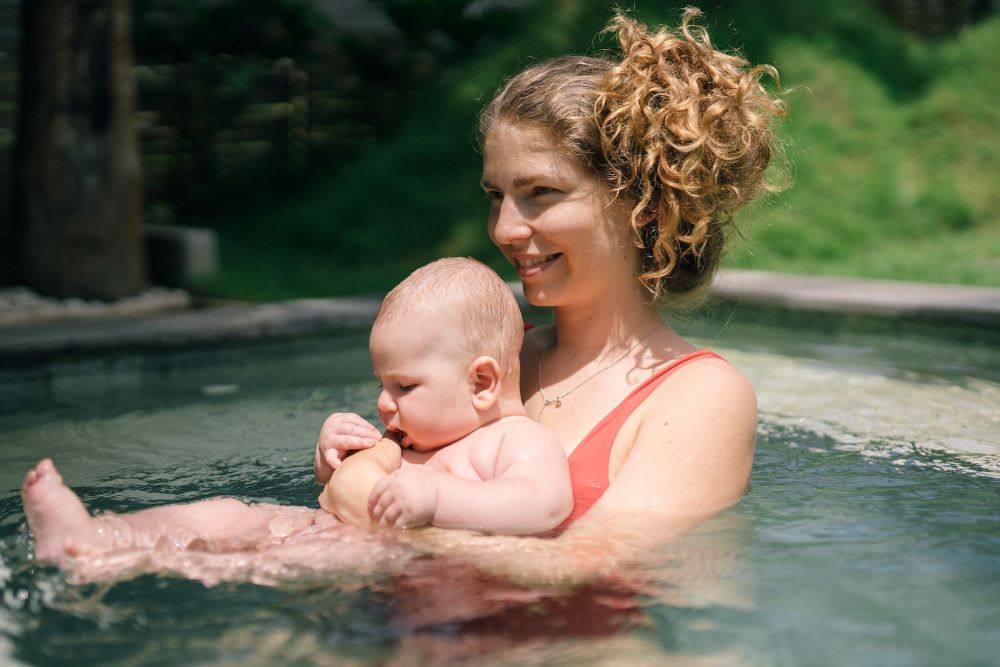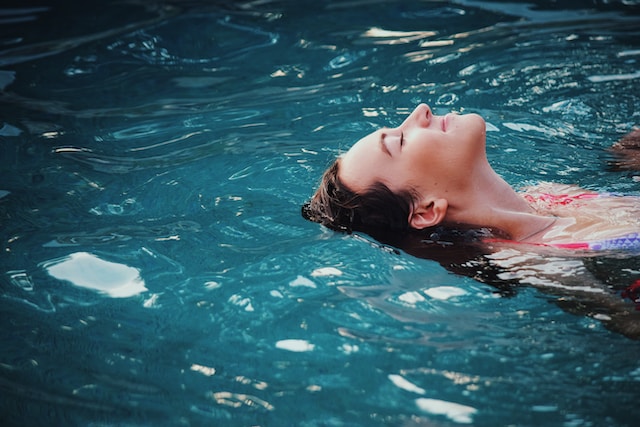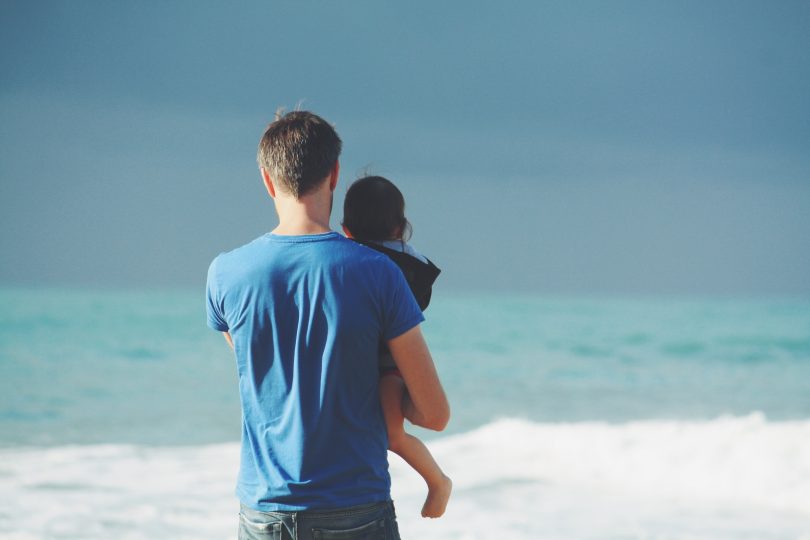Understanding Aquaphobia and Finding Hope

Do you have:
- An acute sense of fear, anxiety, or panic when thinking about water, being in it or near it (You won’t take your dream job if it’s on a boat or overlooking the sea).
- Fear that is out of proportion to the real threat of water (You can’t drive over a body of water/You feel ill if you see a picture of a river in a magazine).
- Fear and anxiety around water that noticeably impacts your ability to function at work, home or socially, which can be isolating (Avoid situations which involve beaches, hot tubs, pools, cruises, boating swimming…etc and being scared that you can’t help if your children or family need help in the water).
- A persistent avoidance of water (showering, bathing – as the thought of water over your head or on your face is just too much).
Sound familiar?
These are the main descriptors of Aquaphobia – which is described as an irrational fear of water, which can occur at any time of life.
These symptoms are real and debilitating. It can cause serious mental health issues, making a person feel that they’re not ‘normal’ compared to everyone else. Leading to individuals feeling that they’re weak/they’re a failure.
Children aren’t born with aquaphobia. It is generally caused by the behaviours and emotions of others which has been innocently and unintentionally passed on.

Aquaphobia can develop from personal experiences:
- falling into deep water as child
- traumatic swimming lessons
- witnessing negative water experiences (someone being pulled out of the water)
- hearing about bad experiences with/in water
- passed down ideology through the generations (mum and dad didn’t swim so its not seen as a priority)
For example: Mum and dad are unable to swim (maybe they didn’t live near water – so it wasn’t important or perhaps they couldn’t afford lessons). This then escalates as when they have children they may not want their children going near water in case they are unable to assist them if they get into a tricky/dangerous situation. If a parent has a worry – children are able to pick up on it. Worry can therefore be transposed into fear…especially if the activity is avoided.
Didn’t swim, can’t swim, won’t swim, scared to swim… and the cycle repeats itself…
I’ve often seen children react differently depending on who brings them to swimming – mum or dad. They can be chilled one week and then clinging to a parent the next week. In situations like this I will have a chat to the parents. What I have discovered from these conversations is that often, one of the parents didn’t learn to swim/is anxious about swimming and this seems to correlate with the child’s behaviour around water from one week to the next.

I’m old fashioned and I talk to the parents at my swim school! If I had a pound for every adult who said “my children are better swimmers than me” or “they can out swim me” or “I never learnt how” or “I can’t swim” or told me about a traumatic experience from when they were a child – I would be an extremely wealthy person!
This led me to explore the fascinating subject of aquaphobia. I discovered that it was so much more than being nervous or worried. As wanting to help others is in my nature – I trained and became an aquaphobia coach.
During my classes I ask participants about their fears (what they worried about). Their answers when I first heard them surprised me! I expected people to be scared of drowning, however, they were scared of being unable to breathe in the water. Drowning secondary to that.
Research suggests that ‘diagnosing aquaphobia involves a thorough evaluation by a mental health professional, such as a psychologist or psychiatrist. The evaluation may include a physical exam, a review of medical history, and a discussion of symptoms and triggers’
However, in my experience, it’s an individual’s own discovery, realisation and acceptance that they have a problem – often driven by a motivation to do something (to swim with their grandchildren, to do a triathlon, a dream holiday for a significant anniversary or wedding, a water birth…etc)
Swimming is a renowned, non-weight bearing exercise with many benefits. Imagine you have been diagnosed with arthritis and you have been advised to swim for your health – but you cant.
Now…let’s get more personal…
You know you want to have children and you will be expected to do the Sunday morning family swims, the ever-popular children’s birthday pool parties, boat trips and family holidays by the swimming pool. Do you dream of a water birth?
But…
You have aquaphobia…
You are terrified before it has begun!
Here’s where you can help yourself!
It’s never too late or too soon to conquer Aquaphobia.
The Institute of Aquaphobia, has its own ‘Angels’ as they’re affectionately known, around the world -over 700 of them! Angels don’t see you as “just a nervous adult swimmer”.
Angels are highly qualified, specially trained swimming teachers, who are kind, patient, knowledgeable and have empathy by the bucketload. They fully understand the phobia.
I am proud to have my wings. We are all on the IOA map.
An advanced aquaphobia coach can evaluate how much support you will need in the water to help you. There is a proven method based on scientific and psychological facts which help to change your relationship with water. It puts you in control of what you do and the pace you do it at. There’s no rush, no judging, often laughter (especially in my classes) and tears of disbelief at personal achievements.

You can help your child by helping yourself first!
Enrol in aquaphobia classes. Find an Angel to help you at the instituteofaquaphobia.com
Main -Photo by Steven Van Loy on Unsplash



